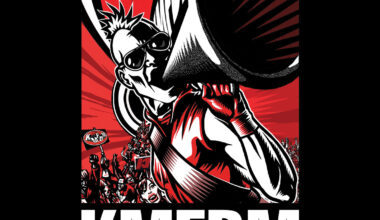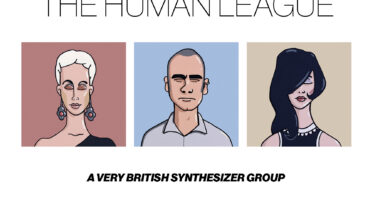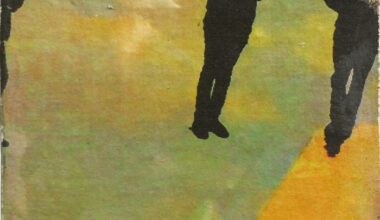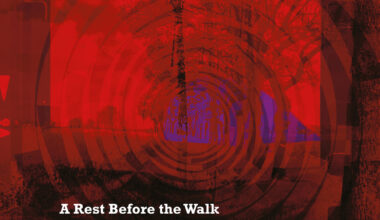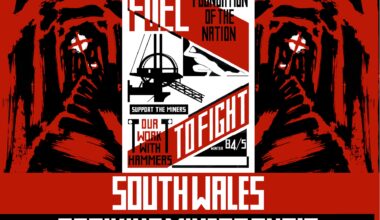Roedelius marks six decades at electronic coalface with subtle masterpiece

In the early 70s, few experiences beat plotting up on a beanbag in the listening area of Virgin Records on Notting Hill Gate and listening to the latest arrivals in its extensive krautrock selection. That’s where I discovered Kraftwerk and Tangerine Dream, along with other wonderful lesser-known names on Germany’s enigmatic Ohr and Brain labels.
The first albums by Cluster were particularly outstanding. Totally beat-free, their self-titled debut saw Hans-Joachim Roedelius and Dieter Moebius traversing fathomless electronic soundscapes, which could sound like music from a black hole or a post-apocalyptic ruined cityscape. With many krautrock bands still rooted in psychedelic rock, few other outfits sounded so alien or out there.
The duo began their sonic experiments with Conrad Schitzler as Kluster in 1969 after meeting at Roedelius’ Zodiak Free Arts Lab in Berlin. Following the release of three self-pressed albums, Roedelius and Moebius renamed themselves Cluster following the departure of Schitzler in 1971. Working with studio wiz Conny Plank, Cluster soon became recognised as electronic pioneers, influencing Bowie, The Orb, John Foxx and Brian Eno, who collaborated on albums including 1977’s soft-focus ‘Cluster & Eno’.
Forming Harmonia with Neu!’s Michael Rother and releasing the seminal krautrock of 1974’s ‘Zuckerzeit’, the duo continued as Cluster until 1981 before taking eight years off to pursue other projects. Returning with 1990’s avant-techno ‘Apropos Cluster’, they saw it through to 1995’s ‘One Hour’ before putting Cluster on ice for another 14 years during which time Roedelius’ already prolific output increased.
His solo career, which began with 1978’s ‘Durch Die Wuste’ and includes his ‘Selbstportrait’ series of reflective ambient albums, saw the development of his distinctive later style of melodic pianos and shadowy electronics develop, while 1986’s ‘Like The Whispering Of The Wind’ marked his first solo piano excursion. After Cluster returned in 2007, they recorded 2009’s ‘Qua’ and toured before disbanding again in 2010.
While the first decade of the new millennium had seen Roedelius in prolific form, his influence was increasingly recognised and the collaborators lined up. In 2011, he recruited keyboardist-electronic musician Onnen Bock in order to return to his original band. Renamed Qluster, they debuted with a trilogy called ‘Rufen-Fragen-Antworten’ (‘Calling-Questioning-Responding’). After multi-instrumentalist Armin Metz came on board in 2013, Qluster released ‘Antworten’ and ‘Lauschen’ before the three Steinway starburst of last year’s ‘Tasten’, which blueprinted the new classical path, which is further explored here on ‘Eckhtzeit’.
With Roedelius now in his 80s and such a colossal catalogue behind him, he still appears to be striving to create the ultimate mood music while reflecting on past memories, whether using deeply resonant pianos or haunted electronic brushstrokes. Muted, mournful pieces such as ‘Beste Freunde’ and ‘Glasterlenspiel’ are perfectly suited to the church in which some of the tracks were recorded.
Perhaps more accessible now, this is a special album that perfectly chimes with these currently sad times (Moebius passed away last year). In fact, the fearlessly exploring Roedelius might even have produced a work that could be called commercial, but he still hangs and haunts like no one else.
